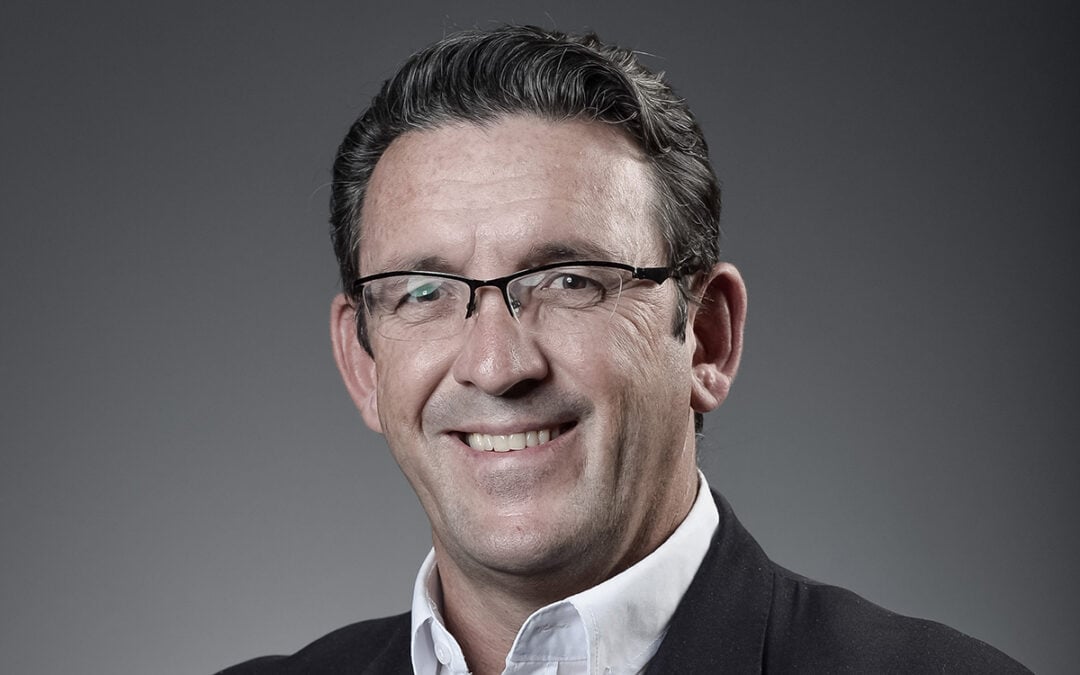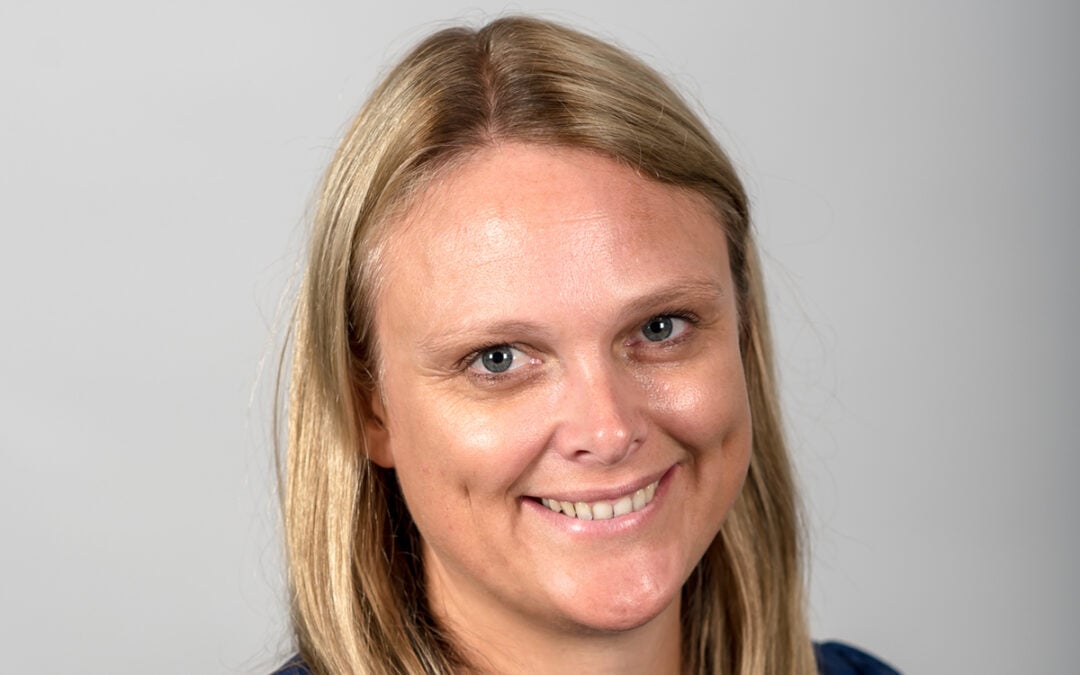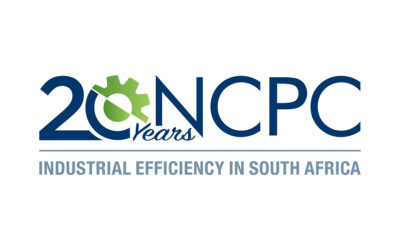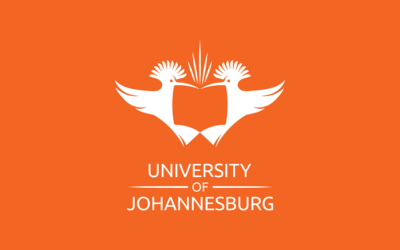Jack Radmore is passionate about the green economy and uncompromising in his aim to provide energy to those who need it most.
A master’s degree in economics and sustainable development led to his current role as the energy programme manager at GreenCape — an organisation that drives the widespread adoption of economically viable green economy solutions from the Western Cape, with hopes of expanding throughout the developing world in the next five years.
At GreenCape, Radmore is responsible for managing the strategic direction of the company’s renewable energy-related activities in South Africa and around the continent. He advises key local, provincial and national government organisations on how green infrastructure can best interface with government institutions, businesses and academia. Through his work, he has identified and removed barriers to economically viable energy and energy efficient interventions.
GreenCape has helped facilitate and support investments to the value of R42-billion in renewable energy projects and manufacturing. From these investments, more than 19 000 local jobs have been created.
Radmore has also developed and is leading South Africa’s first dedicated off-grid management unit to provide energy services to impoverished off-grid communities in South Africa. The unit is currently servicing three sites and empowering more than 6 000 people.
“Combining energy innovations with informal settlement upgrading gives us the opportunity to help with eradicating some of the unnecessary challenges faced by energy-poor South Africans,” he says.
Radmore is currently hosting the 2021 climate finance accelerator (CFA) workshop. The CFA has announced 13 innovative low-carbon projects that it will support to access finance from investors following a call for proposals that attracted 120 applications. The CFA is part of the UK government’s efforts to help South Africa tackle climate change through a transition to greener technologies.
“Combining energy innovations with informal settlement upgrading gives us the opportunity to eradicate some of the unnecessary challenges faced by energy-poor South Africans.”











